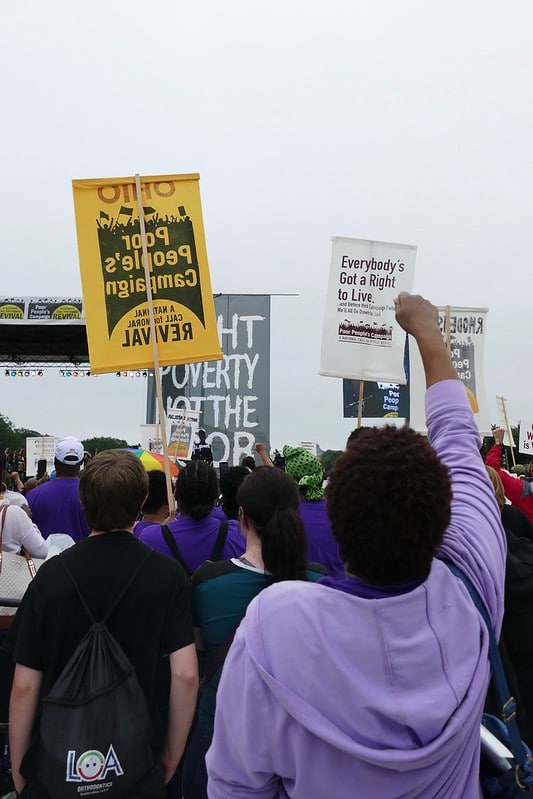Banking and Our Values
Do Justice with Your Money: Financial Alternatives to Big Banks
Did you know that Jesus spoke more about money than he did about love? That is because money can both elevate and oppress people. Money is a form of power. How we spend our money, and where we save our money, are issues of justice.
You might be familiar with campaigns to divest from unjust financial institutions, but there are also financial institutions which have the explicit goal of doing justice in their communities. Switching your financial institution is a pragmatic way to do justice with your money. Below are some of the different options you can consider for saving and banking with institutions that are doing justice.

Join a Community Development Credit Union
Not every credit union is a community development credit union. CDCUs are credit unions “with a mission of serving low-and moderate-income people and communities,” especially “populations with limited access to safe financial services, including low-income wage earners, recent immigrants, and people with disabilities.” You can find a list of CDCUs here.
If one is not local to you, there are large CDCUs, such as Self Help Credit Union, that can provide many services to you or your community remotely.
Join a Credit Union
Credit unions rely on membership, determined by a “common bond” that can be geographic, occupational, or a mixture of both. You or your church will need to qualify for membership in a credit union to join one, though most will work with you to find a way to join. As a member, you are an owner of the credit union: not shareholders. You can find a credit union near you here.
Join a Community Development Financial Institution
Sometimes joining a credit union is just too difficult or not local enough. In these cases, consider joining a Community Development Financial Institution (CDFI). These banks and credit unions are a little trickier to find, as the CDFI designation is given to those banks that receive community development grants. The website lacks an easily searchable database, but you can check here to see if any CDFIs exist in your area by searching a downloadable spreadsheet.
Join a Local Bank
Local banks, although owned by shareholders, often will share the values of their local community. If the community is growing, they’re financing that growth – a local bank will typically hold a portfolio that is 50% loans to local businesses. Large national bank portfolios typically contain only about 18% loans to small businesses. Check out small banks in your community and inquire about their programs and services.
Further Background
In July, 2011, the UCC’s General Synod XXVIII unanimously approved the resolution Putting our money where our values are: Evaluating church financial relationships. The resolution calls on all churches and other settings of the UCC to:
“faithfully examine their relationships with financial institutions and, where practical and prudent, deliberately move toward relating to financial institutions that have records of fair lending, business and investing practices as each body discerns for its setting.”
The resources on this page can help a congregation or other setting of the UCC evaluate its banking relationships and, if indicated, find a financial institution more aligned with its values.
Resources for Evaluating Financial Institutions and Finding New Ones
- Background
- Why this resolution is relevant: biblical teachings, justice, stewardship
- Implementing the resolution: A step-by-step guide to evaluating your bank and, maybe, finding a new one
- Resources for evaluating your financial institutions and finding new ones
- The Case of Evangelical Reformed United Church of Christ, Frederick, MD.
- Share your experience
In Appreciation…
The General Synod charged Justice and Witness Ministries with implementing this resolution. That task was made much easier due to the work of Robert Ziegler who wrote many of these web pages. JWM extends grateful appreciation to Robert Ziegler and to Jason Judd who first questioned his church’s financial relationships, wrote the original resolution and, along with senior pastor, Rev. Barbara Kershner Daniel, shepherded the resolution through the General Synod process. They are all members or pastor of Evangelical Reformed United Church of Christ in Frederick, Maryland.